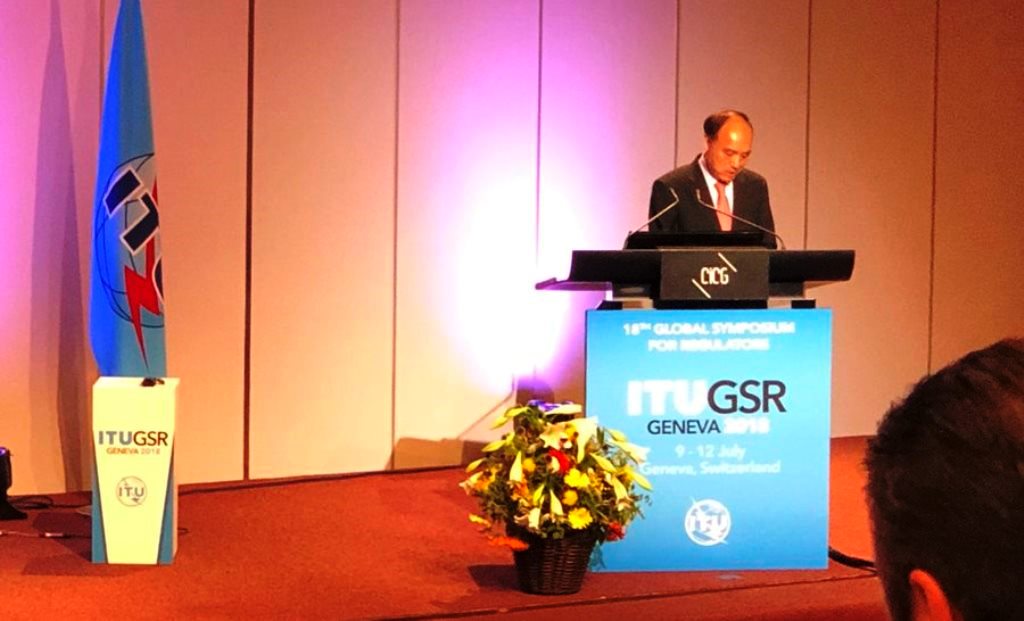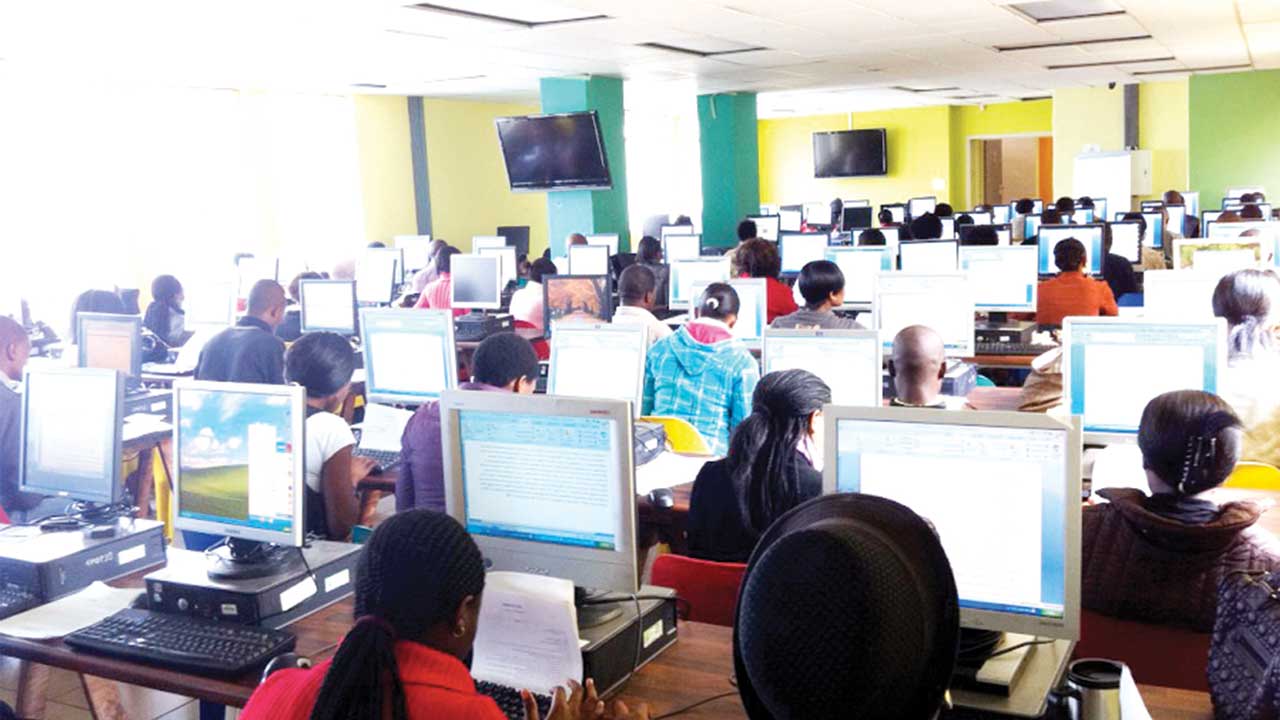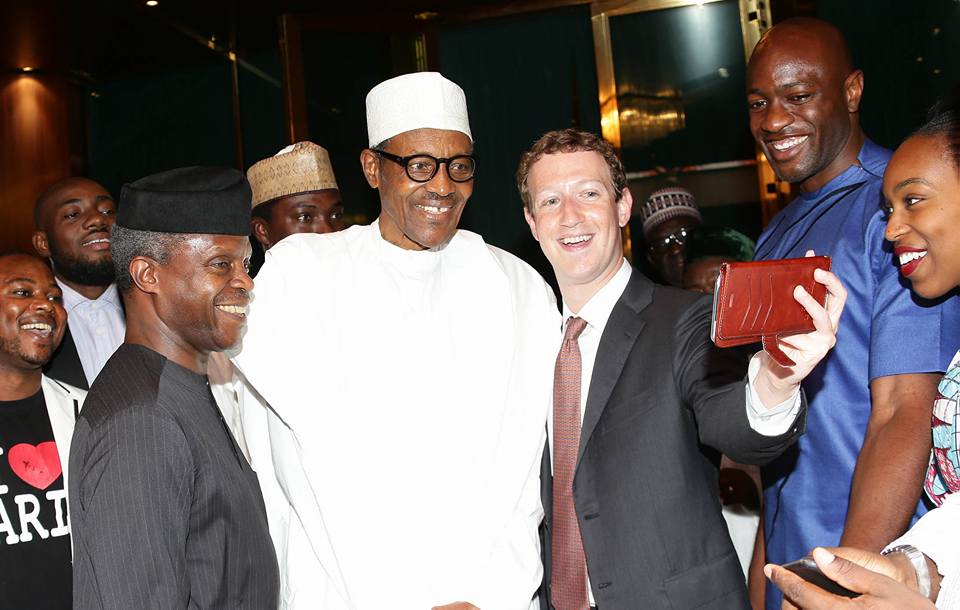The first “Global ICT Regulatory Outlook” released last year by International Telecommunication Union (ITU) showed that expectations of regulation in the field of information and communication technology (ICT) have grown.
TheNewsGuru reports not surprisingly, the pace of regulation in the ICT sector is faster than in most other industries, according to the ITU.
ITU Secretary-General, Houlin Zhao, in his opening remarks at the Global Symposium for Regulators 2018 in Geneva on Tuesday said, “We at ITU embrace our role as a catalyst for innovation and technology development”.
“And I say this mindful that regulatory authorities are often characterized as lagging behind technological change – that they need to keep up with the fast pace of the industry and address new frontier technologies like artificial intelligence (AI), big data, cloud computing, the Internet of Things (IoT) and 5G,” he added.
Information and communication technologies (ICTs) now permeate every aspect of our lives. 2017 produced more data than the entire history of humanity.
“We are moving to a world where everyone and everything will be connected at all times – and across countries, people and sectors,” said Houlin.
Significant progress has been made towards bringing mobile-broadband technologies to rural and remote areas: 85% of the world’s population was covered by a mobile-broadband network at the beginning of 2017. The number of mobile-cellular subscriptions worldwide exceeds the global population, he said.
As for fixed-broadband adoption, it continues to increase at a steady pace – and with increasing speeds. In early 2017, almost 70% of all fixed-broadband subscriptions in the developing world had advertised speeds equal or above 10 Mbit/s, although the overall penetration rate in developing countries is still well below that of developed countries.
In response, ICT regulators are teaming with regulators from other sectors to address multi-sector issues. Policies, laws and regulations need to be updated in nearly every aspect of our daily lives as consumers, businesses and citizens, according to Houlin.
The move towards a more open, collaborative, incentive-based and cross-sectoral regulation will be critically important in delivering on the rich promise of the digital economy, not just for the benefit of consumers and businesses – but to all those who are still unconnected around the world.
Connectivity is key for health, agriculture, banking and education. It is key for all the sectors of the economy that can benefit from the increased efficiency, new services and innovative business models that emerging technologies can bring.
The risk is that the wave of technological change might deepen the divide between the “haves” and the “have nots” when 3.9 billion people around the world are still not using the Internet, let alone today’s new frontier technologies.
There can be no mass digitization without universal and affordable access to broadband. Divergent regulatory frameworks across the world add complexity, create uncertainty and discourage investment.
Together with innovation and inclusivity, infrastructure and investment form the “4 I’s” that are critical to bridging the digital divide and leveraging the power of ICTs to advance WSIS Action Lines, Connect 2020 and the SDGs.
“How we deal with this transformation will be a defining challenge of the 21st century. Regulators and policy makers from around the world are in the unique position to unleash the opportunities brought about by new technologies and business models.
“Let us continue to work together to harness ICTs for the greater good – and for everyone,” Houlin said.




